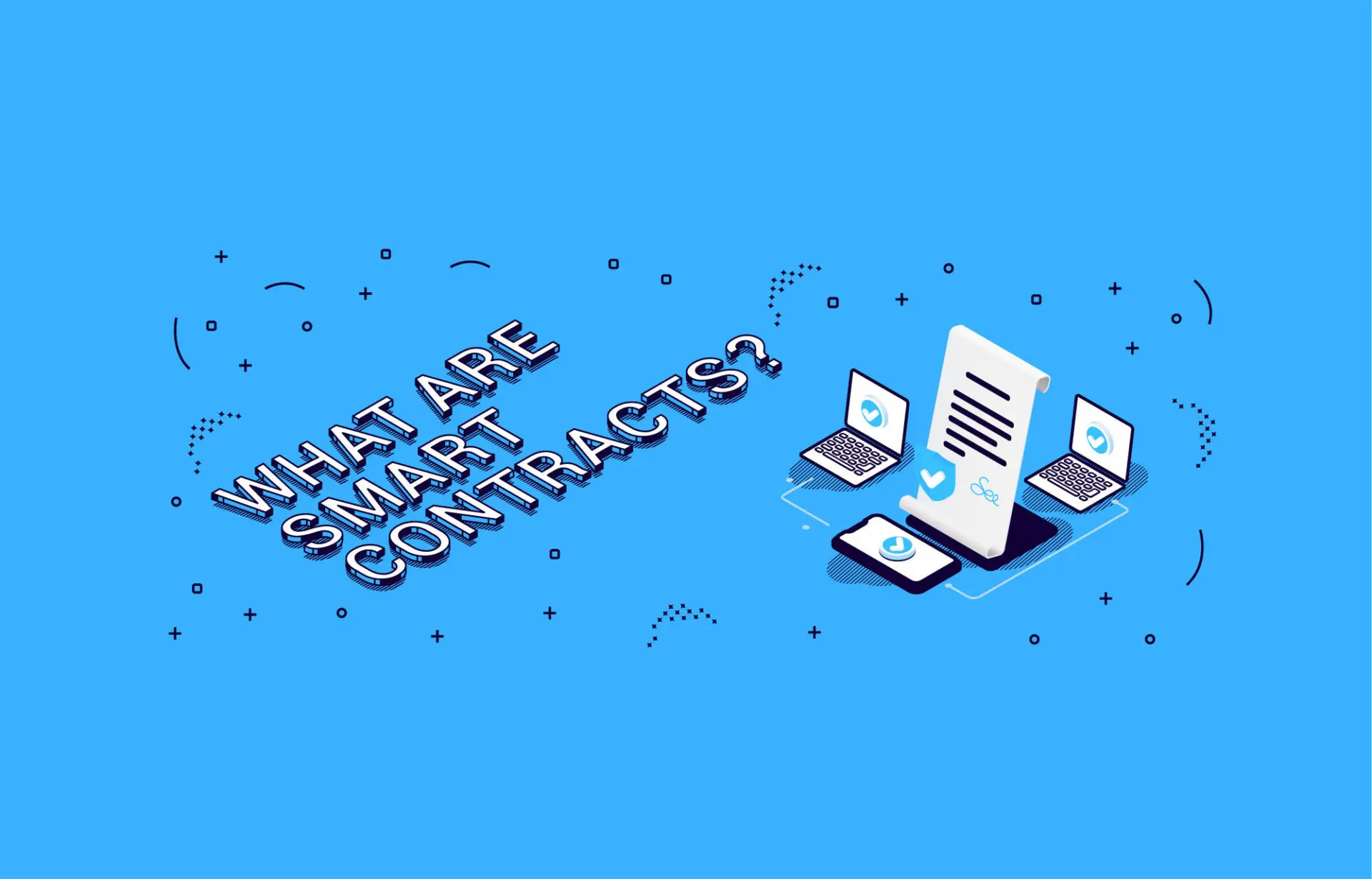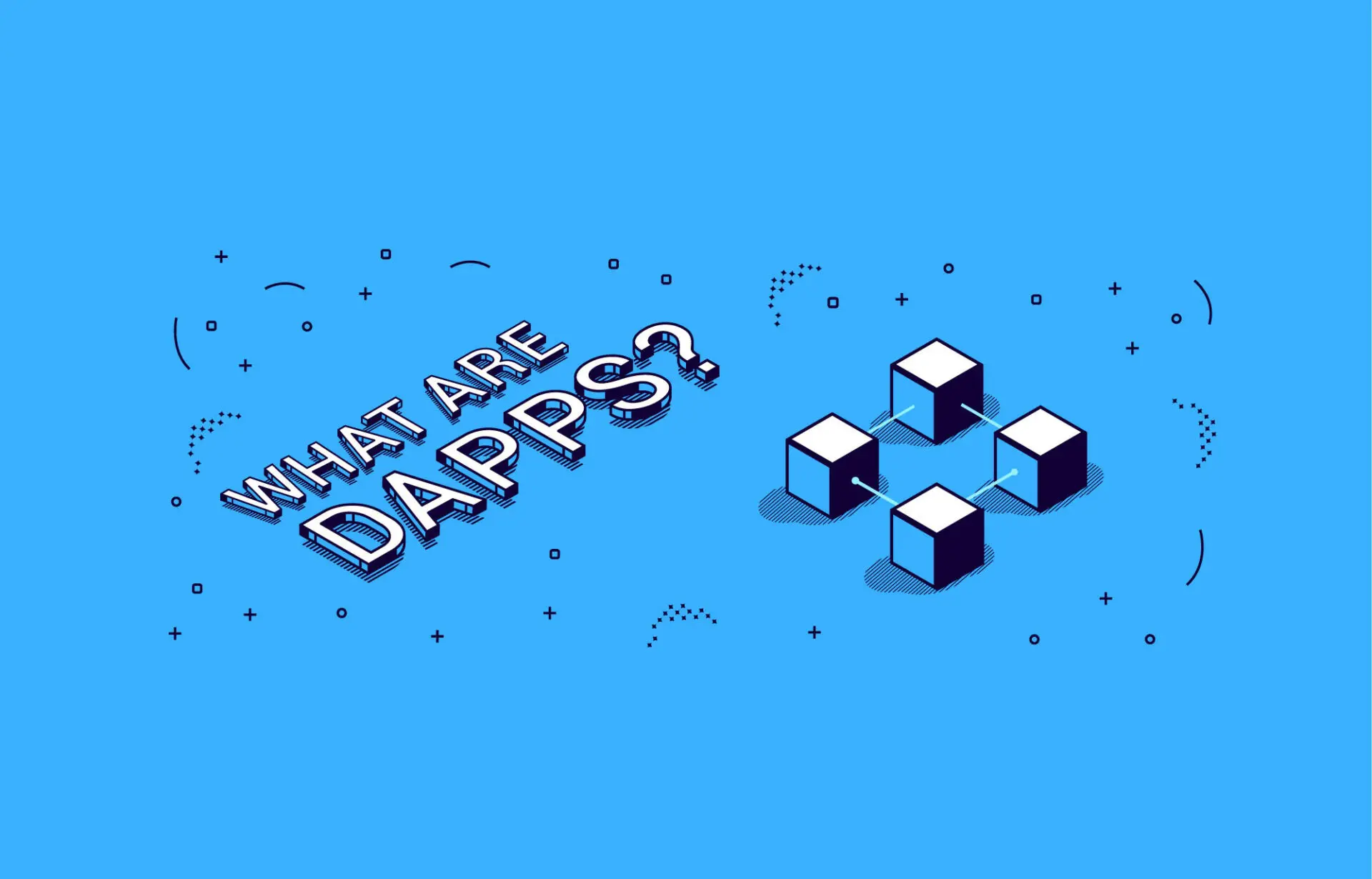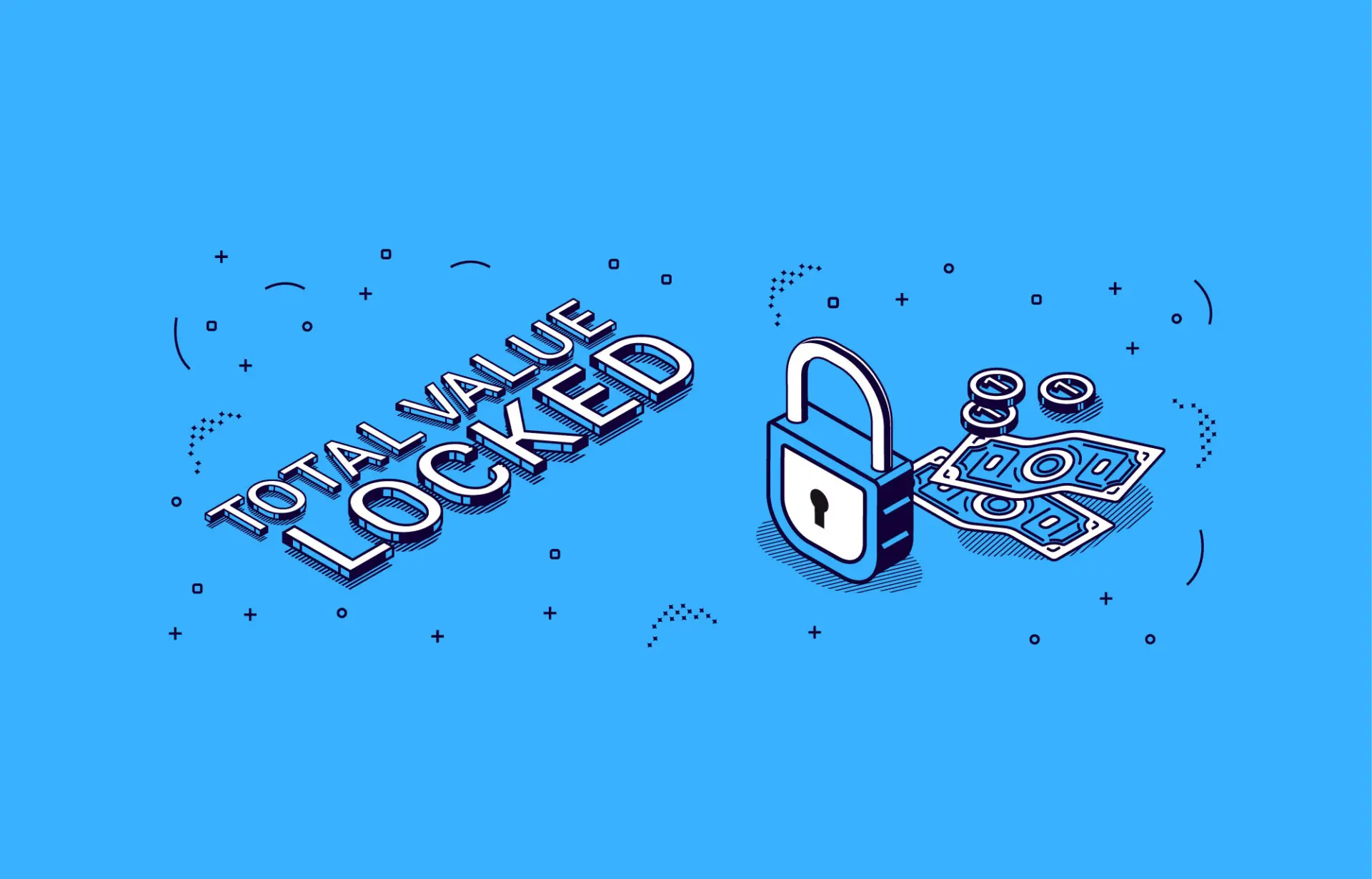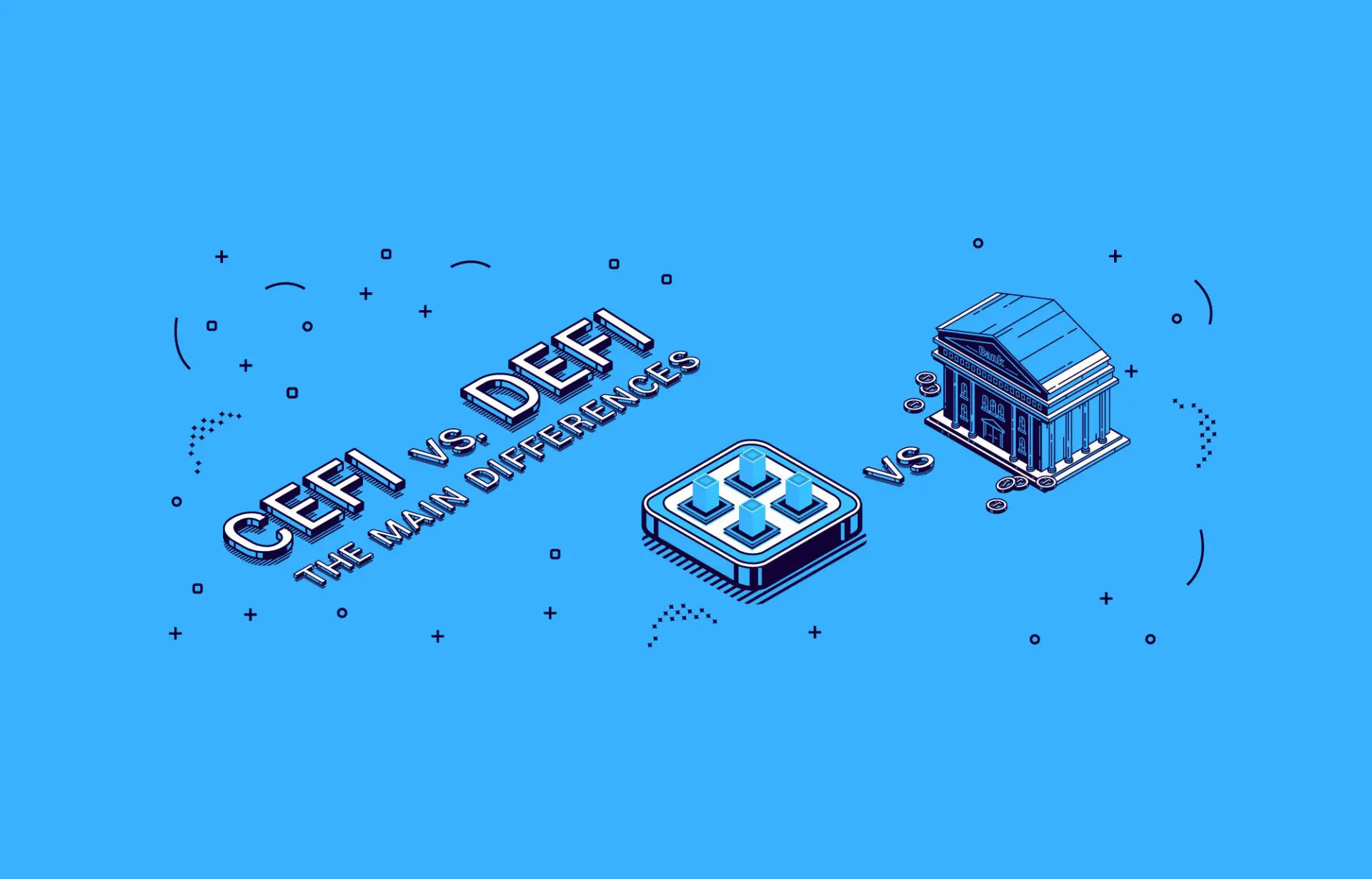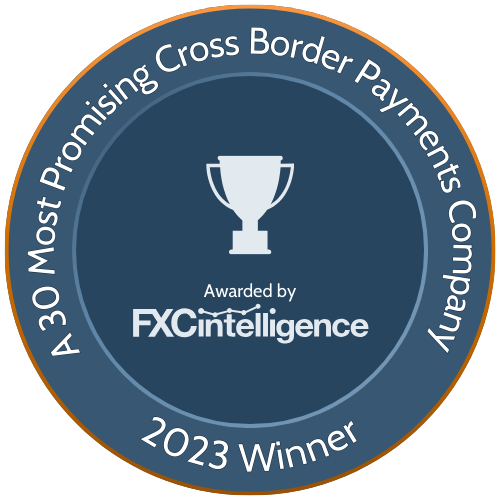Smart contracts are the bedrock on which many blockchains operate today. They became prominent thanks to the massive success of the Ethereum blockchain, and today, they are more than important to the overall growth of the industry.
So, what are smart contracts and how do they actually work? We’ll explain everything you need to know and more in this article.
What is A Smart Contract?
We all know what a contract is - an agreement between two parties to act once a condition has been met. Contracts have been around for centuries, and they form the foundation of many business deals today.
A smart contract operates similarly. It is an agreement between two parties that is written in code and backed onto the blockchain. Due to its presence on a blockchain, a smart contract has several features. These include:
- Immutability: Once a smart contract has been recorded on the blockchain, it can’t be altered. It is worth noting that some smart contracts can be deleted on their blockchains. However, when a smart contract is published, its terms can’t be changed or altered. The contract will only execute when the set conditions have been met.
Nevertheless, immutability is a significant use case that comes in handy when it is needed. - Automation: The transactions processed by smart contracts are automatic and don’t need anyone to be operated. This essentially eliminates the chance of fraud or manipulation.
- Trustlessness: Smart contracts don’t rely on anyone to be executed. The blockchain handles all execution, and the parties involved merely have to play their own parts.
Today, smart contracts are the building blocks of the blockchain industry. They make it possible for decentralized applications (dApps) to function, and they also allow users to better record transactions that they engage in.
How Does A Smart Contract Work?
To best understand the workings of a smart contract, consider the “if…then” sequence that most codes operate with. Essentially, IF a condition set by one party in the contract has been met, THEN the agreement can be processed and the contract can be closed.
To make it more literal, imagine two people - Mike and Jane.
- Mike wants to sell his car, and Jane contacts him that she’s an interested buyer.
- So, Mike puts up a smart contract on the Ethereum blockchain.
- The contract is simple - if Jane can pay 20 ETH to Mike’s wallet, she gets the car keys
- Once the smart contract is created, it can’t be changed. Now, Jane is free to make the payment
- Jane pays the 20 ETH, and she gets Mike’s car keys. The contract is now complete.
The sequence is simple and beneficial for several reasons. Mike and Jane don’t even have to meet each other to do business, and they can enter into an agreement quickly. Also, unlike traditional contracts that require third parties, smart contracts are simple and affordable.
How is this all possible?
Well, the blockchain is the fuel that powers the entire contract. A blockchain helps to decentralize a smart contract - since the blockchain isn’t controlled by any central authority, the smart contract itself can be fair and trustless. The same decentralization benefit means that the smart contract itself can’t be changed.
The Benefits of Smart Contracts
Smart contracts offer several benefits. These include:
- Speed: Smart contracts automate actions using computer protocols. This allows them to save a great deal of time while handling commercial processes since they don’t need any intermediaries to ratify them.
- Security: Smart contracts are all encrypted. Cryptography protects the documents and ensures that they can’t be tampered with.
- Trust: Thanks to the application of blockchain technology, smart contracts can work without any manipulation. They also don’t rely on any third party to function, so there is little to no chance of fraud.
- Affordable: The lack of an intermediary also allows smart contracts to save money and resources.
- Transparency: All parties to a smart contract have full access and visibility to the terms contained in it. So, once a contract is signed, there's no way to back out of it.
- Restoration: All documents related to a smart contract are duplicated many times since they reside on the blockchain. So, in the event of data loss, they can easily be restored and replicated.
Why Are Smart Contracts Important?
Today, smart contracts have become an important part of the blockchain space. Some of their most prominent functionalities include:
Transactions
The primary function of smart contracts is to power transactions in today’s digital age. Thanks to smart contracts, parties to a transaction can easily enter into deals without having to even see each other. And with the speed and efficiency that they bring, smart contracts make transactions much more flexible - a necessity for today’s digital market.
Digital identity
Smart contracts are also expected to play a role in helping to transform the digital identity landscape that we have today. In the future, it is expected that people's identities will exist on blockchains, where they will be safe from bad actors. Smart contracts ensure that people get to control their data - not big corporations.
Real estate
Smart contracts can also have massive implications for the real estate space. They can take the place of real estate brokers, making the house transfer process seamless and ensuring that the entire process is as secure as it would be with these brokers.
Supply chain
One of the most prominent implementations of blockchain technology and smart contracts has been in the supply chain space.
So far, companies have had problems with tracking product custody and payments. With smart contracts, processes can be better automated, and transparency can be maintained.
Smart Contracts - Possible Improvements That Need to Be Made
While smart contracts are an innovative technology, it is worth noting that they aren’t perfect. There are some cons of smart contracts, including:
Regulation
So far, there is a generally weak regulatory framework for smart contracts and their operational framework. This means that smart contracts generally don’t have to follow any laws as they operate.
So, if you hope to use smart contracts for your business, it is important that you understand how they work and what you’re getting yourself into. If you hope to get a smart contract developer, ensure that they know what they’re doing and are acting in your best interest.
Scalability
So far, most of the smart contracts being used and deployed are based on the Ethereum blockchain. And over the past few years, the blockchain has had problems with scalability.
Fortunately, there appears to be solutions to this. For one, the Ethereum blockchain recently went through the Merge - an upgrade to the blockchain that improved its scalability and transaction throughput; even for smart contracts.
Also, there have been several other blockchains that have emerged as substitutes to Ethereum. These platforms - which include Cardano, Solana, and more - can also be homes to smart contracts.
Technical Complexity
Right now, many people believe that smart contracts will be the future of dealmaking. However, if they are to truly change the way we make deals, then they will need to be more accessible to people.
Currently, the only way for you to create a smart contract is if you have the ability to code it. Just as well, not everyone is able to contribute to blockchains - even though the technology promises to be ubiquitous.
This means that if you would like to create a smart contract, you will need to find someone with the technical capabilities to do so. If there’s no coder around you, then you might have a problem.
How Did The Industry’s Approach To Smart Contracts Change?
At the onset of the blockchain space, smart contracts were seen as the primary fuel that powered blockchain functionality - and, in many ways, they still are. However, these contracts have also evolved significantly.
The growth of dApps - as well as decentralized finance (DeFi) as a standalone space - has led to more prominence for smart contracts. It has become evident that these contracts need to be better, and they have. In addition to building smart contracts on blockchains like Ethereum, developers have now been combining them with a new technology; oracles.
Essentially, a blockchain oracle is a tool that allows smart contracts to communicate with external sources and receive off-chain data. They can get data from the traditional world, thus powering the smart contracts they are associated with and making them even more effective.
The introduction of blockchain oracles has led to the rise of “hybrid smart contracts.” These smart contracts combine on-chain nodes with off-chain oracles, bolstering their functionality and enabling dApps to be better.
Today, hybrid smart contracts power several interesting use cases across several industries. DeFi has been the biggest beneficiary of this - we now have DeFi protocols that handle billions of dollars in user funds, and they rely on the combination of smart contracts and oracles to accurately provide data like price quotes and more.
Of course, oracles do more than just power financial applications. Thanks to these tools, smart contracts have also been able to expand the functionality of blockchains themselves. We have smart contracts that provide satellite data for regenerative agriculture, market data for insurance, and even dynamic non-fungible tokens (NFTs) - basically, NFTs whose values change based on changes in real-world occurrences.
Oracles are the next evolution of smart contracts, which in turn powers blockchain technology to new heights.
Conclusion
Smart contracts are truly an innovative concept that we all should embrace. They hold a lot of promise - especially when it comes to revising the way we approach dealmaking in the real world.
While they still have some limitations, smart contracts are definitely a great way to approach blockchain technology. And, thanks to their trustless nature, they allow you to enter into deals with people without having to deal with the trust paradox.
In the future, we expect to see smart contracts take a more central role in human life. They say contracts make the world go round - imagine if they were much smarter.
